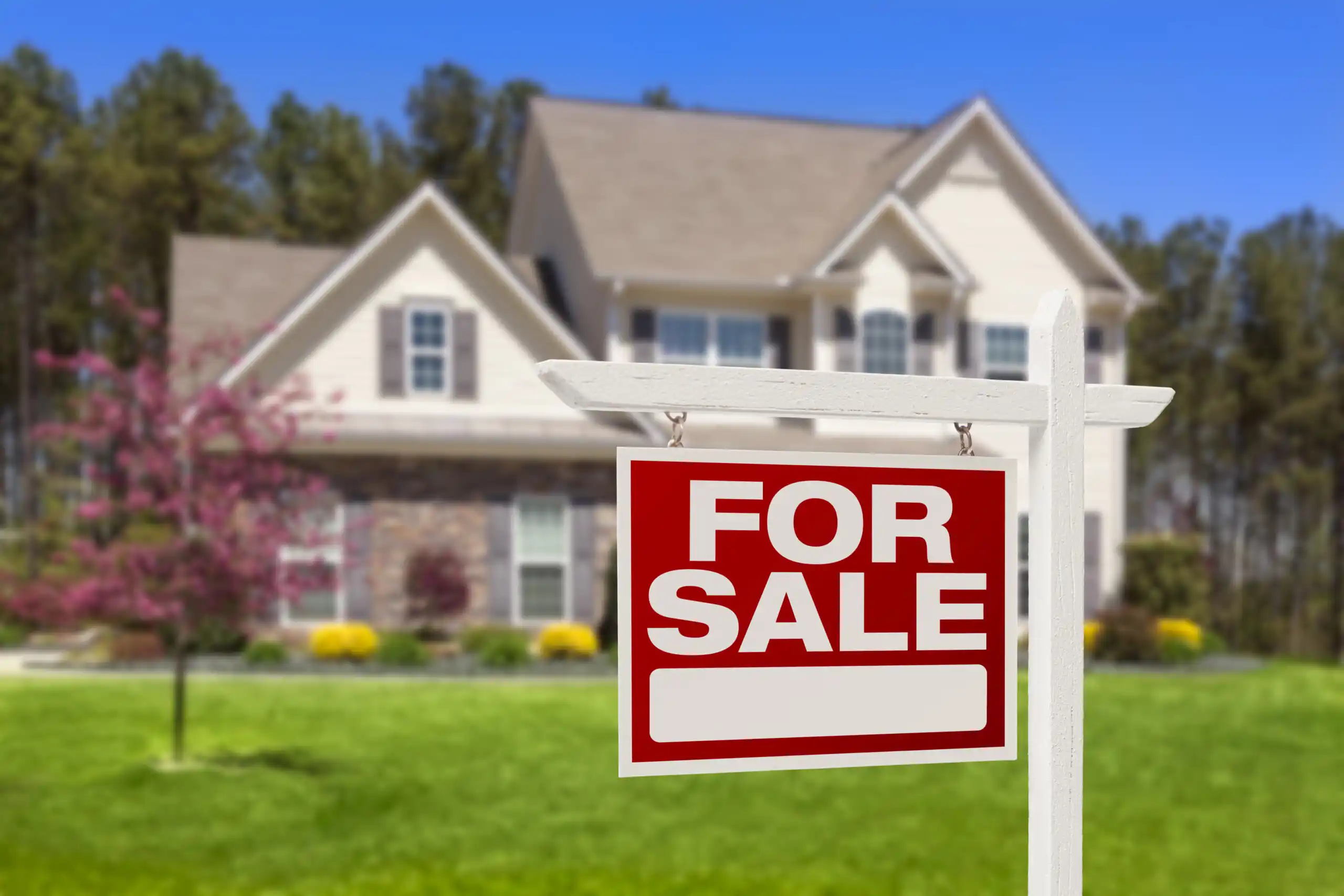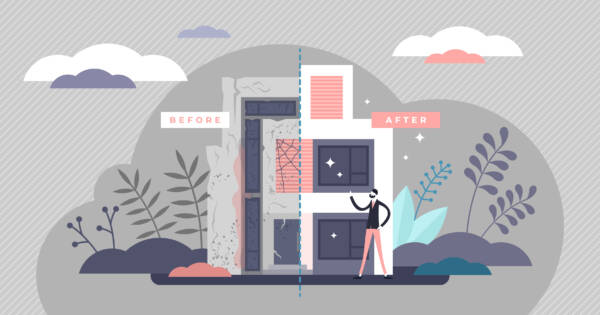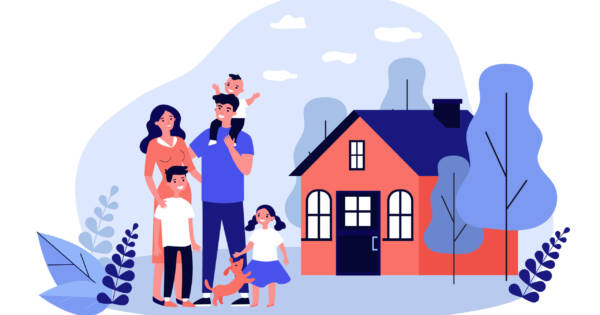We keep hearing that the housing market is going gangbusters in this pandemic. However, knowing that things are generally really good is cold comfort if you’ve been waiting around for your house to sell. Believe it or not, some people wait over a year for that shiny red “SOLD” sign to go up on their lawn.
I know the feeling. We had to sell our place this year — during all the pandemic chaos, no less. We weren’t even allowed to have an open house, one of the most important ways a listing can attract the perfect buyer. The few months we waited for an offer to show up was very stressful. We often wondered if there was any other way to lure more buyers other than to lower the listing price. (Which is an option, but try to make it a last resort.)
All the usual advice to get buyers in the door — improving curb appeal, staging the house, repainting the lime green living room — are the sorts of things most sellers know before they list their home. But what should you do if no offers are forthcoming after a year? Here are five things you can do to improve your odds of selling your house, even if it’s been quite some time since you first listed it.
Increase the Sales Commission
You can sweeten the pot for both your listing agent and the buyer’s agent by stepping up the commission they will receive. That should help agents who might otherwise think of your listing as a little stale to keep prospective buyers coming through the door. If you plan to go this route, make sure that the increase is enough to warrant an agent’s attention. A 1% increase to be shared by both your and the buyer’s agent probably isn’t enough to get anyone’s attention. However, a 1.5% to 2% increase (to be shared) could make a big difference in the traffic you see coming through your front door. They are paid to sell, to give them some incentive to put in the work.
When we were buying a home, there was this one house our agent kept putting on our radar. It seemed a little strange that she would mention so many good things about that place whenever we visited. I found out later that the agent was giving a 4% commission to the buyer’s agent. That’s compared to the norm for the neighborhood of 2.5%. No wonder the buyer’s agent was so enthusiastic about us owning that place!
Get Feedback
All sellers know that they should be looking at comparable homes in their area that have already sold. It’s one of the best ways to know what a reasonable price for your house is. But if your home is still on the market after a year, it’s time to dig a little deeper.
Have your agent contact the buyers’ agents for those other houses. They can tell you if they showed your home to those buyers. Hopefully they can then provide some insight into what was the deciding factor for the homes that were sold. This kind of research into what is sparking local buyers’ interests can help you focus your home improvements on the things that buyers care about most.
Think Outside of the Open House Box
Open houses are traditionally held on weekend afternoons to take advantage of buyers’ free time. However, they currently aren’t allowed in many cities across the country due to obvious reasons. Even where they are allowed, the number of people venturing out in public for an open house is at an all-time low. Again, we can’t blame people for staying home and avoiding crowds right now. Still, there are other ways to attract the curiosity of prospective buyers.
Consider making a video or even a 3D walk tour of the house. They aren’t cheap. The 3D tour our agent put together cost a couple thousand dollars. Still, the barrier of entry also means there are fewer people doing the same thing. This means you have less competition for prospective buyers’ time. It will also make seeing your home more accessible for serious buyers with irregular or over-committed schedules. They can just hop online and browse the layout in the comforts of their own home.
Another marketing tactic our agent did was to offer a virtual meeting in place of an in-person open house. She would setup a time for the meeting, and invite people to attend to see our home through Zoom. During the call, she would talk a little about the house and then show the inside through her phone’s camera. It wasn’t perfect, but it was much better than not doing anything.
Offer a Perk to a Potential Buyer
If your home is similar to others in the area, it might be time to look for another way to stand out from the crowd. Rather than taking the time and expense to install new granite counter-tops or add a deck, why not offer a unique buying incentive? Like maybe free gas for a year?
For what amounts to a $2,000 reduction in the price of your home, you will attract the attention of buyers who are looking for a reason to buy one house over another. The gasoline incentive is particularly helpful if you live in a bedroom community and commutes are a common concern. Knowing that buying your house will give them a “free” commute for a year can be just the incentive a buyer needs to sign on the dotted line.
As a Last Resort, Consider Switching Agents
Every agent has a slightly different list of potential buyers they keep in contact with. That’s why some agents can find buyers for certain houses in seconds, while others never seem to attract anyone to even look at your house. Different agents will also have different marketing ideas, which will only help your listing. If the process seems entirely stuck, it might be time for a change.
It’s important to tread lightly here though. Make sure you’re aware of any agreements you may have signed to work your previous agent. At the end of the day, you need agents in the area to recommend their clients look at your houses. If word starts going around that you aren’t pleasant to work with, it will be really detrimental to getting traffic to your listing.
The Bottom Line
Even in a seller’s market, not every home is instantly going to sell. Using these techniques, along with the traditional methods of improving a home’s appeal, can help reduce the time that sellers will have to wait before the perfect buyer appears.
If none of these tactics works, it might finally be time to reconsider your listing price. The housing market can rise and fall quickly. While your price might have been okay 12 months ago (or even three or six months ago), the world has changed a lot in 2020. The pandemic had a huge economic impact on millions of Americans. The stock market has been a roller coaster at times, and a new incoming president can have some people leery of their future finances. (That’s probably an unfounded fear, but it still persists for some.) If you’re getting desperate about selling your home, nothing motivates buyers like a healthy price drop. But try everything else first.
 Shutterstock
Shutterstock







